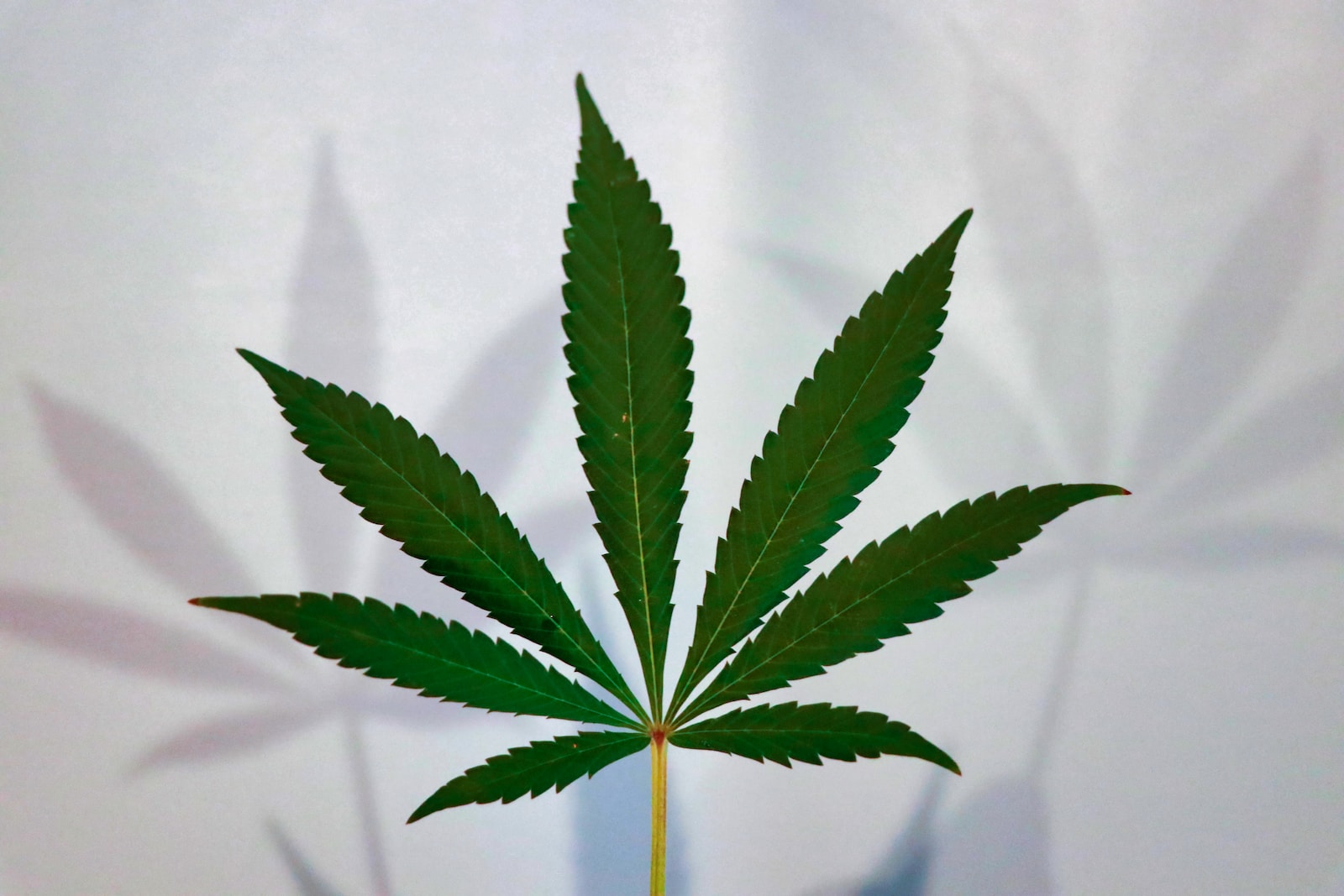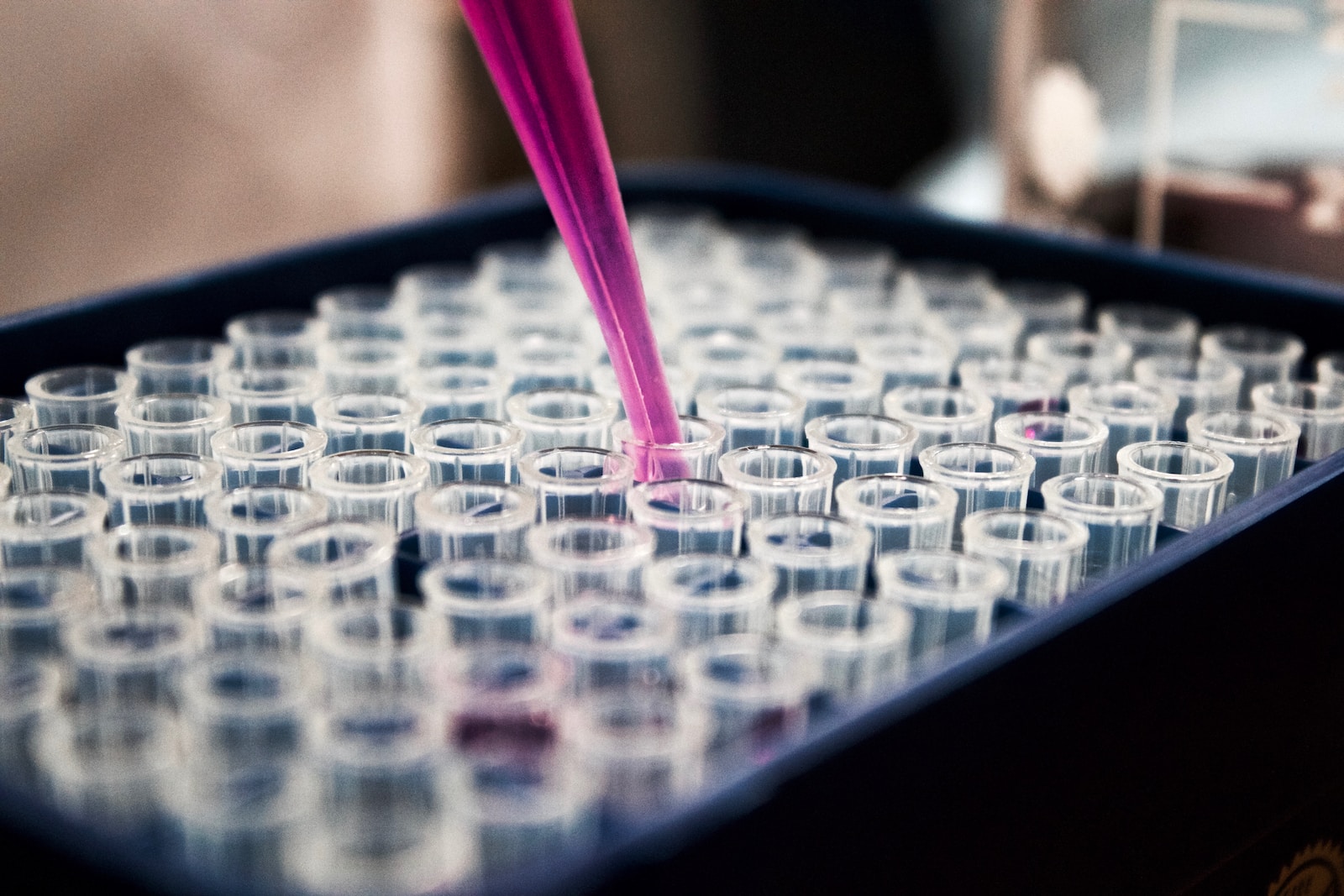Post-Traumatic Stress Disorder (PTSD) is a debilitating mental health condition affecting millions worldwide. It is characterized by a range of distressing symptoms, including intrusive memories, heightened anxiety, and emotional numbness, often resulting from exposure to traumatic events.
The prevalence of PTSD emphasizes the urgent need for effective treatment options to alleviate its impact on individuals and communities. In this blog, we will delve into the significance of notable studies on PTSD and medical marijuana.
 Intro to Medical Marijuana
Intro to Medical Marijuana
Medical marijuana, also known as medical cannabis, refers to the use of the cannabis plant for medicinal purposes. The two primary cannabinoids in medical marijuana are tetrahydrocannabinol (THC) and cannabidiol (CBD). THC is responsible for the psychoactive effects often associated with cannabis, while CBD is non-psychoactive and has garnered attention for its potential physical benefits.
The cannabinoids in medical marijuana interact with the body’s endocannabinoid system, a complex network of receptors responsible for keeping the body’s systems regulated. By targeting specific receptors in the brain and body, cannabinoids can influence the functioning of the nervous and immune systems, leading to potential therapeutic effects such as stress and anxiety relief, pain management, sleep improvement, and mood stabilization.
Notable Studies on PTSD & Medical Marijuana
In recent years, there has been a growing interest in exploring the potential of medical marijuana as a treatment for PTSD. Several clinical trials and research studies have been conducted to investigate its efficacy, safety, and mechanisms of action.
Researchers have examined various aspects, such as the optimal dosage and administration methods, the specific cannabinoids that may be most effective, and the potential long-term effects of medical marijuana for PTSD management. By assessing both short-term and long-term outcomes, these studies contribute valuable insights into medical marijuana’s potential in PTSD treatment:
- The hallmark symptom of PTSD is increased fear and anxiety in stressful situations. Researchers from Wayne State University in Detroit, MI, studied the effects of cannabis on the amygdala, which is the part of the brain responsible for processing emotions, particularly fear and threat-related responses.
Researchers gathered a group of 71 participants: one group with no history of trauma, one group with a history of trauma and PTSD, and one group with a history of trauma but no PTSD. The randomized, double-blind study gave half of the participants a low dose of THC and the other half a placebo. They were exposed to threatening stimuli, and the researchers studied the amygdala response. In all three groups, those who took a low dose of THC were found to have reduced fear and anxiety, indicating that a low dose of THC may lower fear and anxiety in those with PTSD.
- Another typical symptom that significantly impacts those with PTSD is sleep disturbances. A study published in the Journal of Anxiety Disorders looked at the effects of THC on sleep disturbances in those with PTSD. For two weeks, 77 participants self-reported their sleep using a daily diary.
Researchers found that those who used medical marijuana closer to when they went to sleep were less likely to have nightmares. Additionally, they found that those using medical marijuana with higher concentrations of CBD were less likely to experience early awakenings. This study indicates the potential of medical marijuana to relieve sleep-related symptoms in those with PTSD.
- However, just like all medications, dosing is incredibly crucial when it comes to the efficacy of medical marijuana in the treatment of PTSD. A clinical review of peer-reviewed studies and randomized control trials dated 1974 to 2020 studied the effects of medical marijuana on aversive memories and anxiety.
They found that those with PTSD who used low doses of medical marijuana (≤7.5 mg) had reduced anxiety responses with no psychotic effects. However, high doses of THC (≥10%) did not reduce fear responses and actually increased anxiety and psychotic responses in health volunteers. This discrepancy in dosing is important to note, as most dispensaries only offer products starting at 15% THC, reaching up to 65-90%.
Future Directions & the Need for More Research
Despite the promising findings regarding medical marijuana as a potential treatment for PTSD, significant gaps in our current understanding require further investigation. Some critical areas for future study include optimal dosage and administration, long-term safety and side effects, specific cannabinoids and potency, and interactions with traditional treatments.
Tailoring medical marijuana therapies to match the unique needs and responses of patients with PTSD can lead to better outcomes and minimize potential adverse effects. Additionally, advancements in personalized medicine may help identify individuals who are more likely to respond positively to medical marijuana, enabling more targeted and efficient treatment strategies.
 Highgrade Labs Cannabis Testing Facility — Always Supporting an Evidence-Based Approach to Natural Wellness
Highgrade Labs Cannabis Testing Facility — Always Supporting an Evidence-Based Approach to Natural Wellness
Overall, the future of medical marijuana as a treatment for PTSD depends on continued research efforts. Addressing existing gaps in knowledge, conducting rigorous studies, and embracing personalized medicine will pave the way for a more comprehensive understanding of medical marijuana’s potential benefits for those living with PTSD.
By prioritizing research and adopting an evidence-based approach, we can unlock the full therapeutic potential of medical marijuana while ensuring its safe and effective integration into natural wellness practices.
For all the latest regarding our hemp and cannabis lab testing services, be sure to connect with us on our various social media channels! (Facebook, YouTube, LinkedIn, Instagram)
*Always consult a physician before making any changes to your health or fitness regimen.



